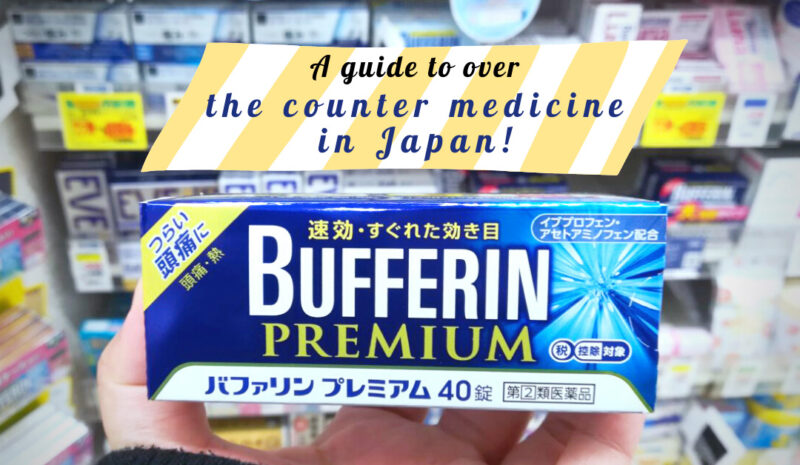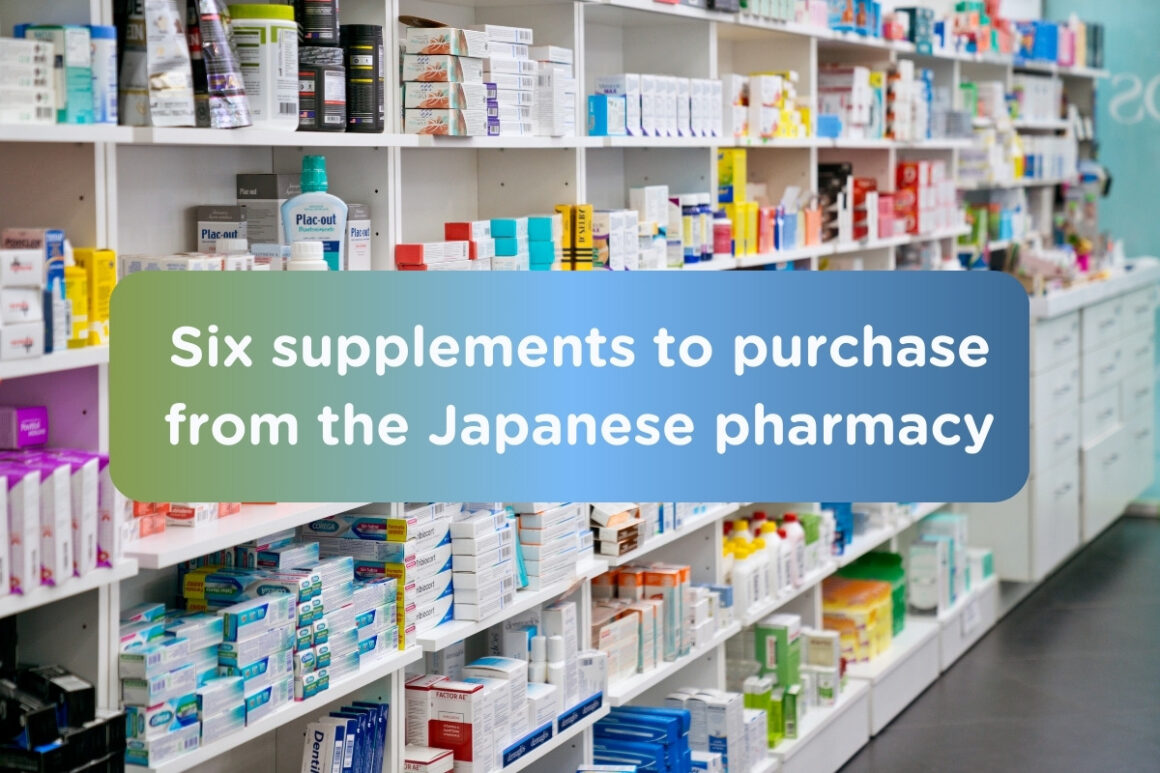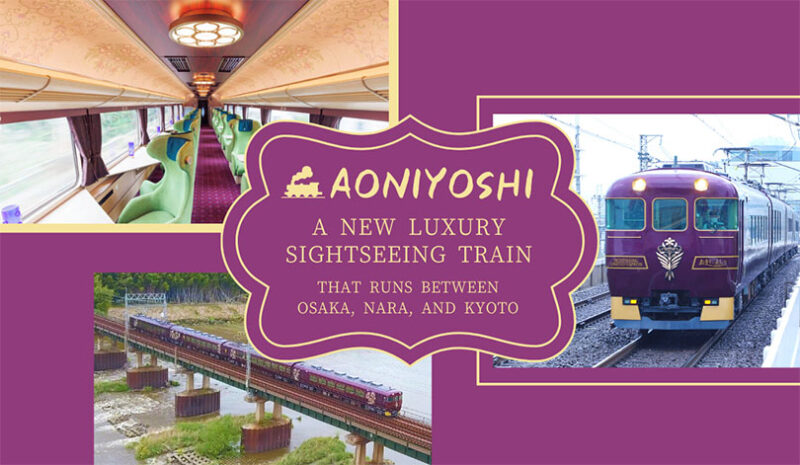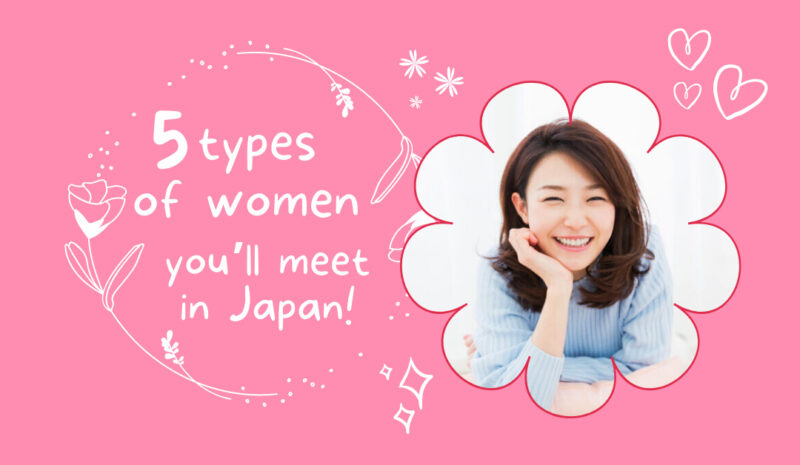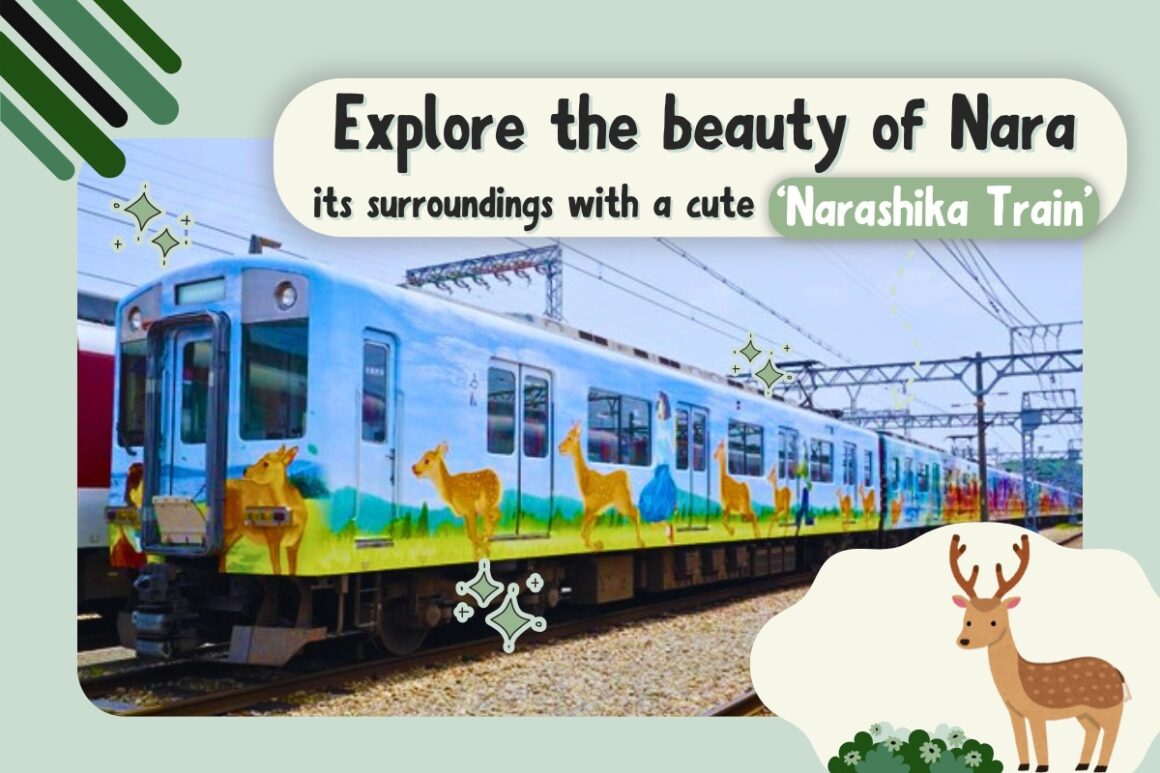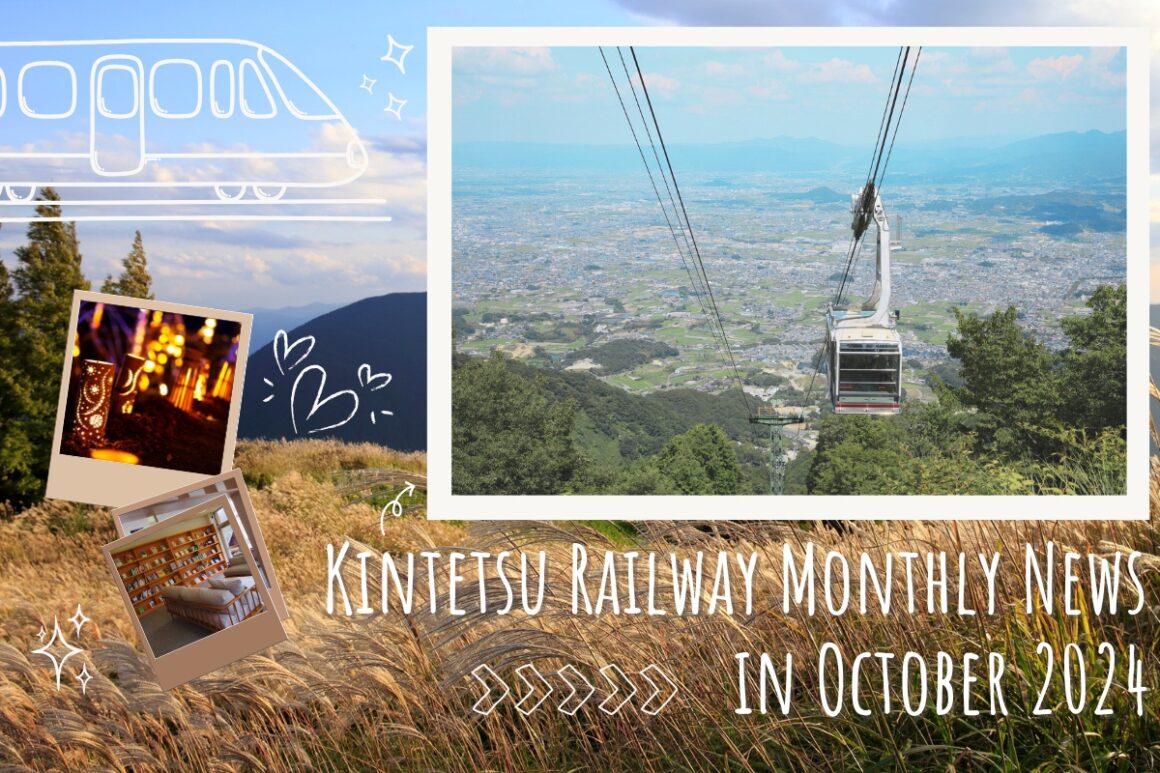Salt in Japan isn’t just for cooking
Mar 18, 2024
Salt in Japan isn’t just for cooking
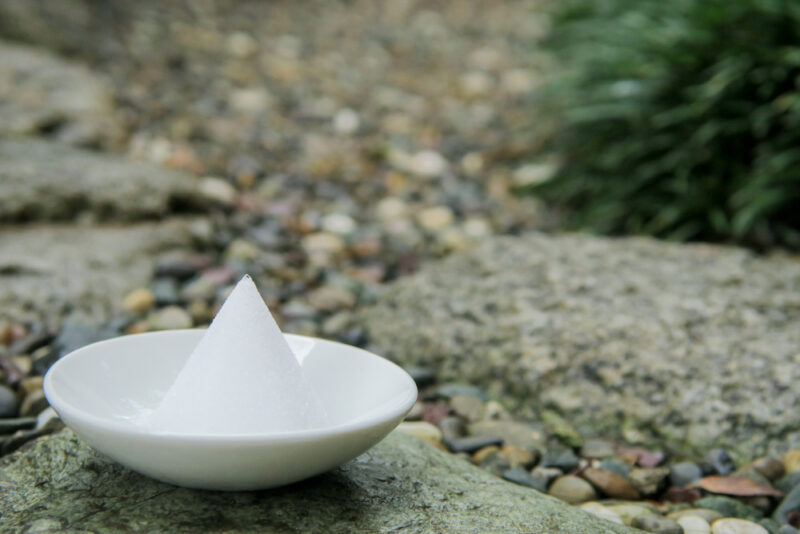
Most restaurants in Japan keep mounds of salt outside their doors, but have you ever wondered why?
Salt in Japan isn’t just for cooking, but it is also often used for purification rituals from all around the world and in Japan, and this tradition stems from Shinto.
Want to know more about salt in Japan? Then stay tuned.
Index
- Before construction: Jichinsai
- Sumo tournament: Shio-mawashi
- At Japanese funerals: Kiyome-jio
- Outside restaurants or shops: Mori-jio
1. Before construction: Jichinsai
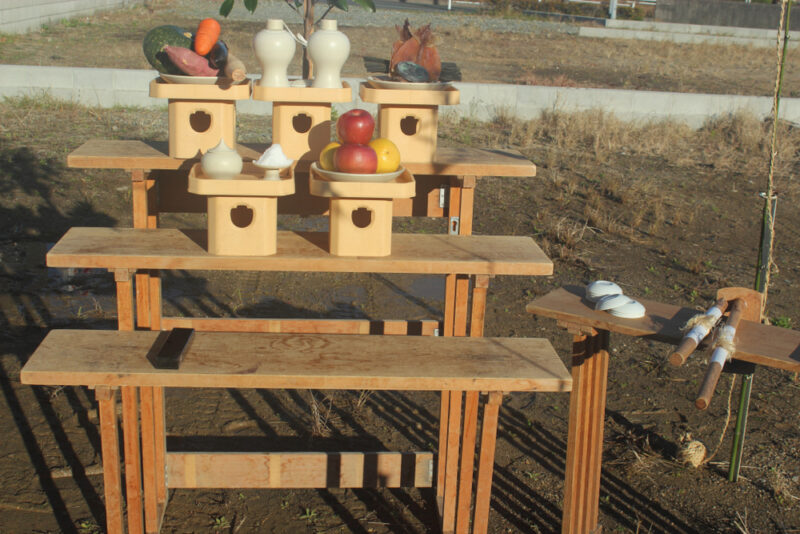
Salt is used during “Jichinsai (地鎮祭), a groundbreaking ceremony held before building a place. Shinto priests perform the ceremony by sprinkling salt and appeasing the God of Earth. Once the place is built, salt is also sprinkled in front of it to ward off evil spirits.
2. Sumo tournament: Shio-mawashi
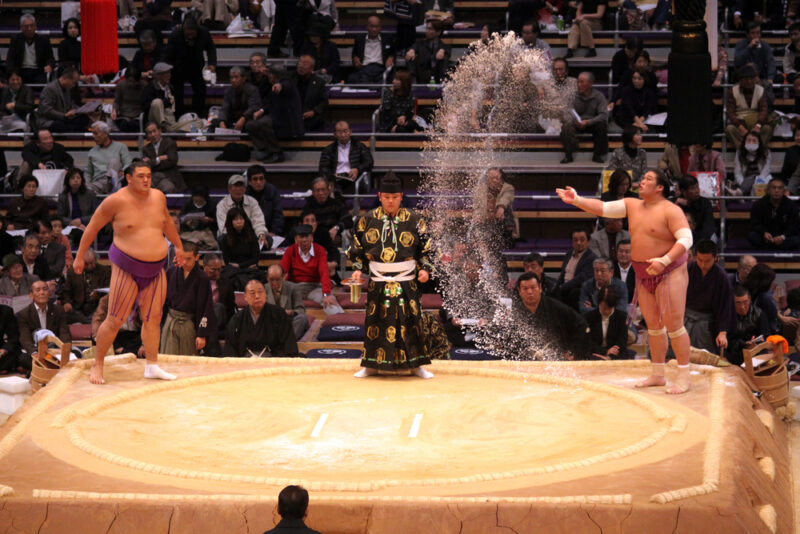
Shio (塩) is salt and mawasu (回す) means to circulate, so shio-mawashi (塩回し) means circulating the salt. Sumo tournament stems from Shinto, and sumo wrestlers sprinkle a fist of salt into the ring before a match, which is done to purify the ring to honor the deities.
3. At Japanese funerals: Kiyome-jio
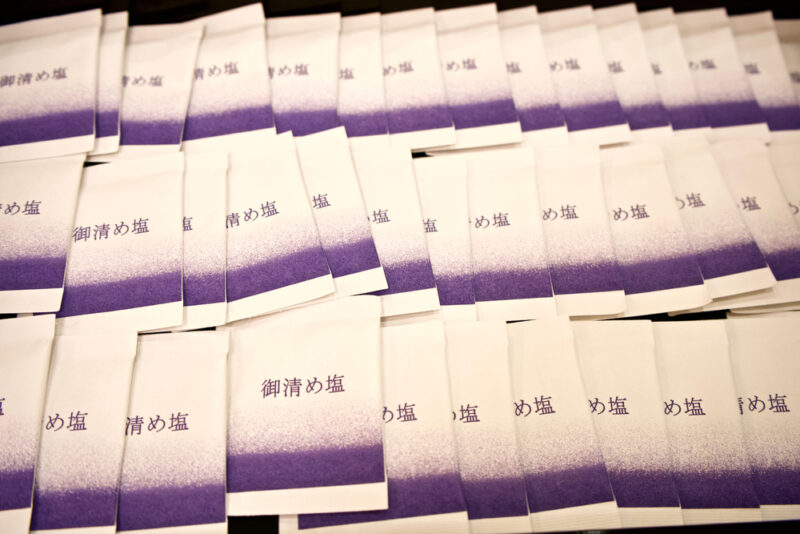
Kiyome-jio derives from two words, kiyomeru (清める), which means to purify, and shio (塩), which means salt, therefore, kiyome-jio is a purifying salt. If you participate in a Japanese funeral, you will be given kiyome-jio, which is used to cleanse yourself from any bad spirits you encounter at the funeral. You have to sprinkle the salt in front of your door before entering the house, which prevents you from bringing any bad, or death spirits with you into the house.
4. Outside restaurants or shops: Mori-jio
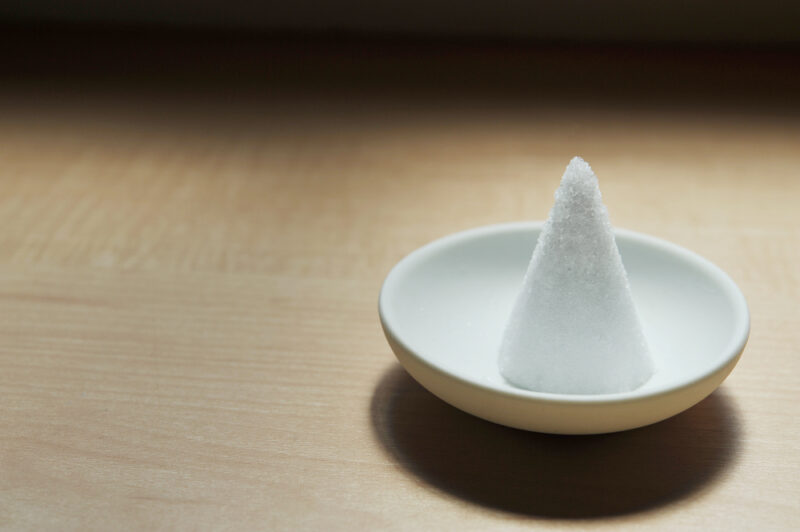
Mori (盛り) means a pile, and when shio is combined with mori it is read as “jio”. Mori-jio is a pile of salt that is placed outside restaurants and shops in Japan, which is believed to ward off evil spirits and purify the buildings. Some people consider mori-jio as an offering to the deities too.
Read more articles
Keep up with the latest trends, news, and fun activities. For more info, check out fromJapan page!
